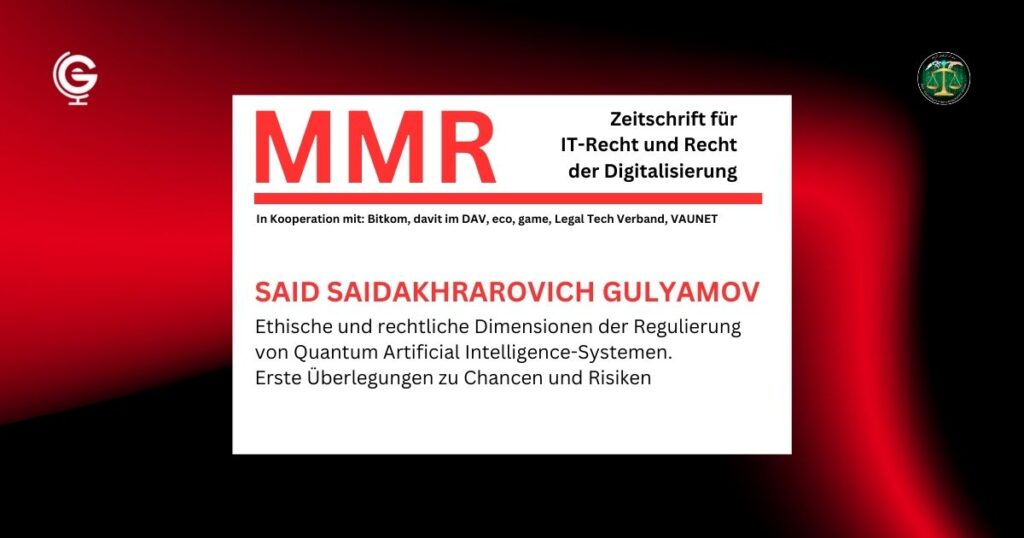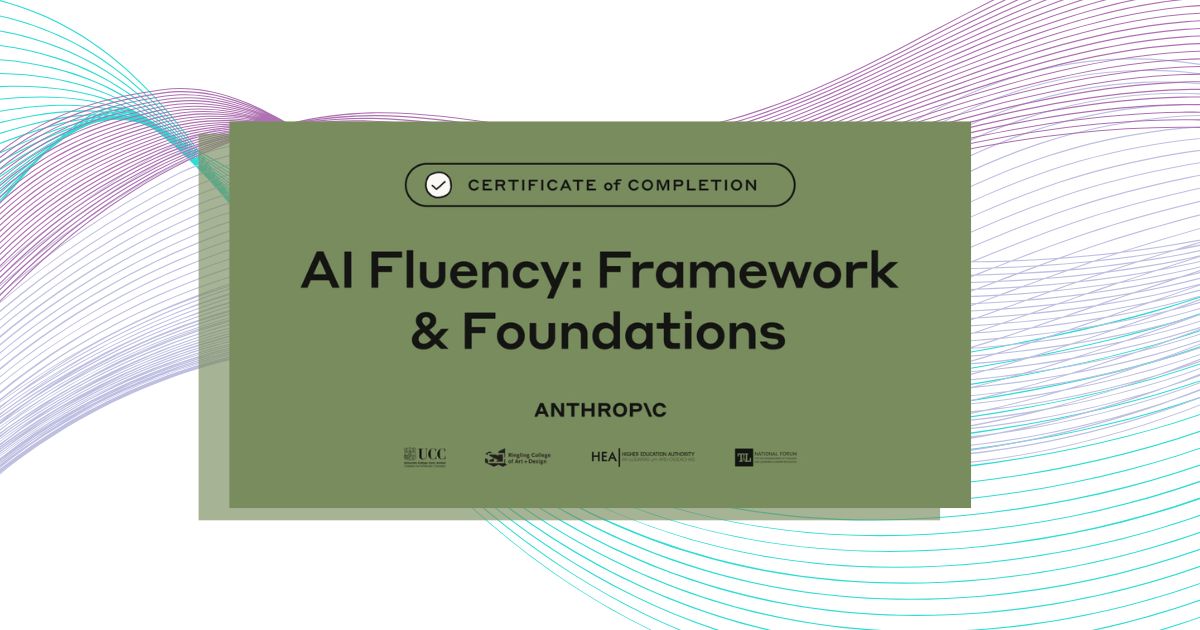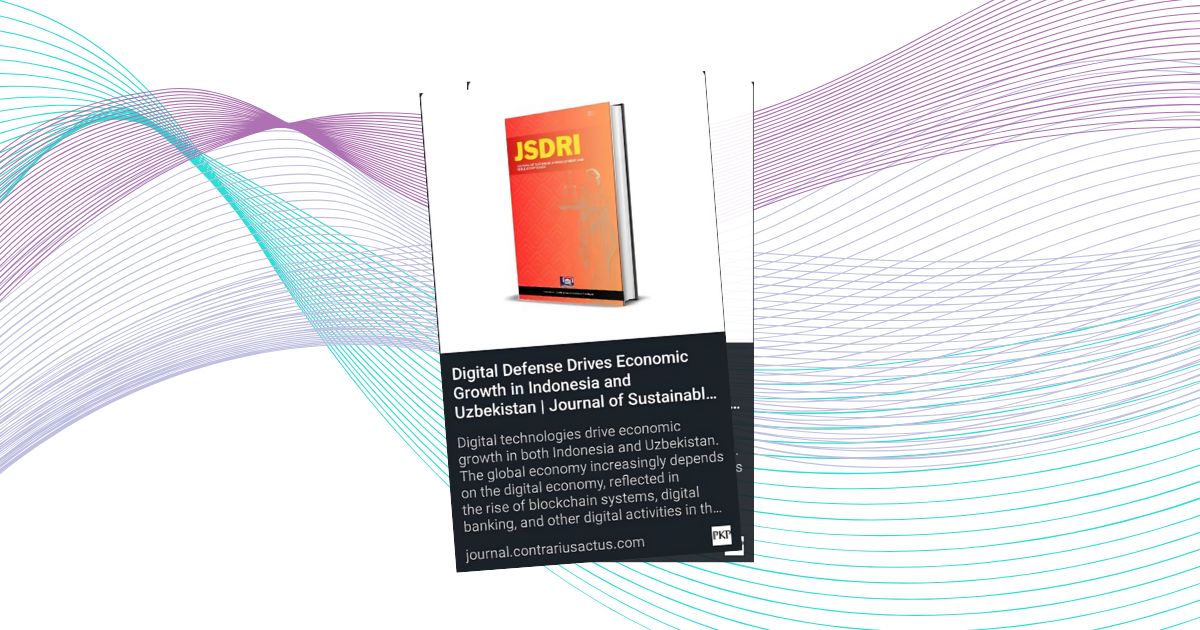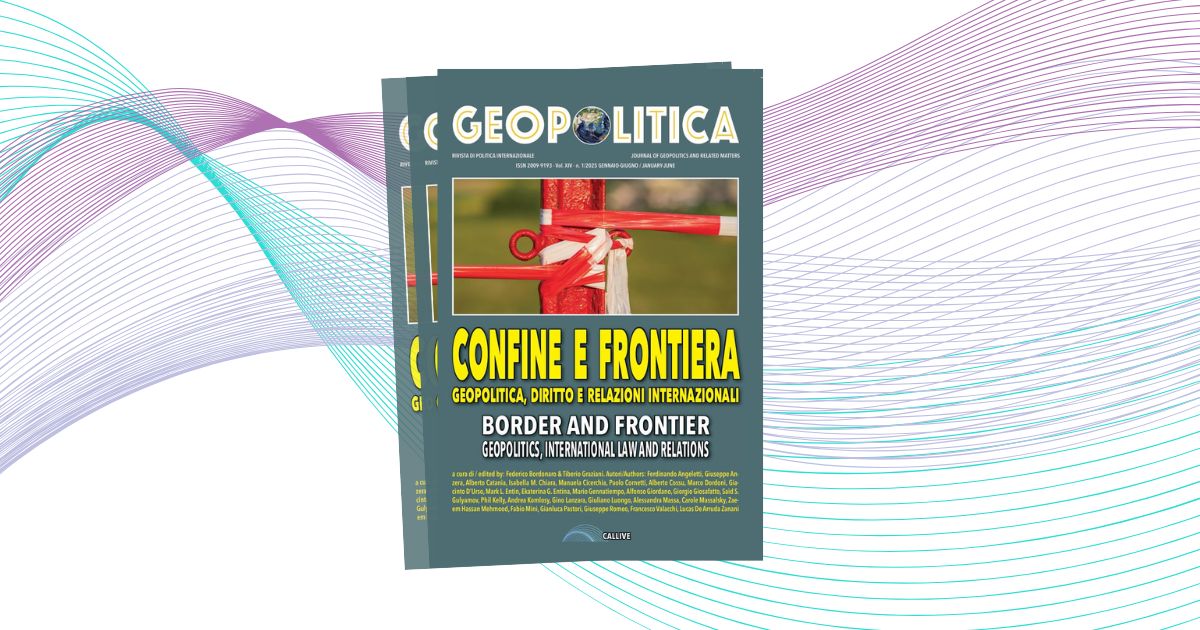In the latest issue of MMR Zeitschrift für IT-Recht und Recht der Digitalisierung, Professor Said Gulyamov’s groundbreaking article titled “Ethische und rechtliche Dimensionen der Regulierung von Quantum Artificial Intelligence-Systemen. Erste Überlegungen zu Chancen und Risiken” has been published, shedding light on the complex landscape of regulating Quantum Artificial Intelligence (QAI) systems.
MMR Zeitschrift für IT-Recht und Recht der Digitalisierung (MMR) is a leading German journal dedicated to issues of law in the field of information technology and digital transformation. Since its inception in 1998, it has been publishing articles covering a wide range of topics including IT law, software law, telecommunications law, media law, e-commerce law, and the legal aspects of digital transformation including artificial intelligence, blockchain, Internet of Things, big data, and more.
The journal caters to lawyers practicing in IT law, media law, telecommunications law, and e-commerce law, as well as researchers, educators, students, and professionals in the IT industry.
Abstract: Professor Gulyamov’s article addresses the ethical and legal dimensions of regulating Quantum Artificial Intelligence (QAI) systems, emphasizing the need for a tailored regulatory framework to accommodate the advanced capabilities and potential risks associated with QAI. The article analyzes foundational regulatory principles reflecting the unique characteristics and impacts of QAI, advocating for measures that go beyond traditional oversight. It highlights the importance of regulating machine autonomy and accountability, promoting ethical design under human supervision, and clarifying the legal status of Quantum data and algorithms. Moreover, the article proposes an ethical oversight model based on an ecological paradigm, prioritizing human flourishing through context-specific knowledge and collaboration. The principles outlined in the article include justice, reliability, privacy, and accountability, providing a comprehensive guideline for governing QAI systems.
With the publication of Professor Gulyamov’s article in MMR, the discourse surrounding the regulation of QAI takes a significant step forward, offering insights and principles crucial for navigating the opportunities and challenges presented by this cutting-edge technology.







